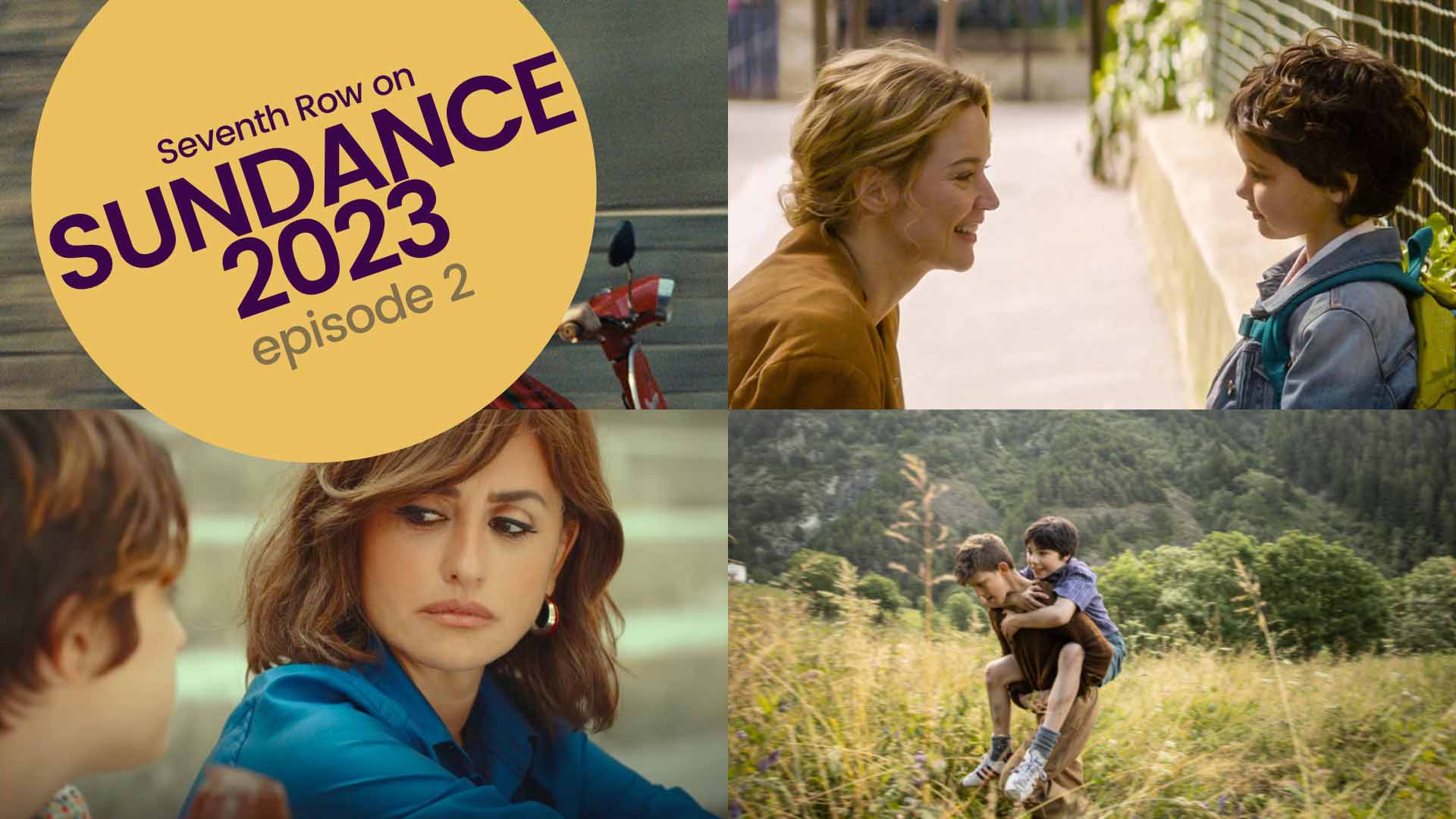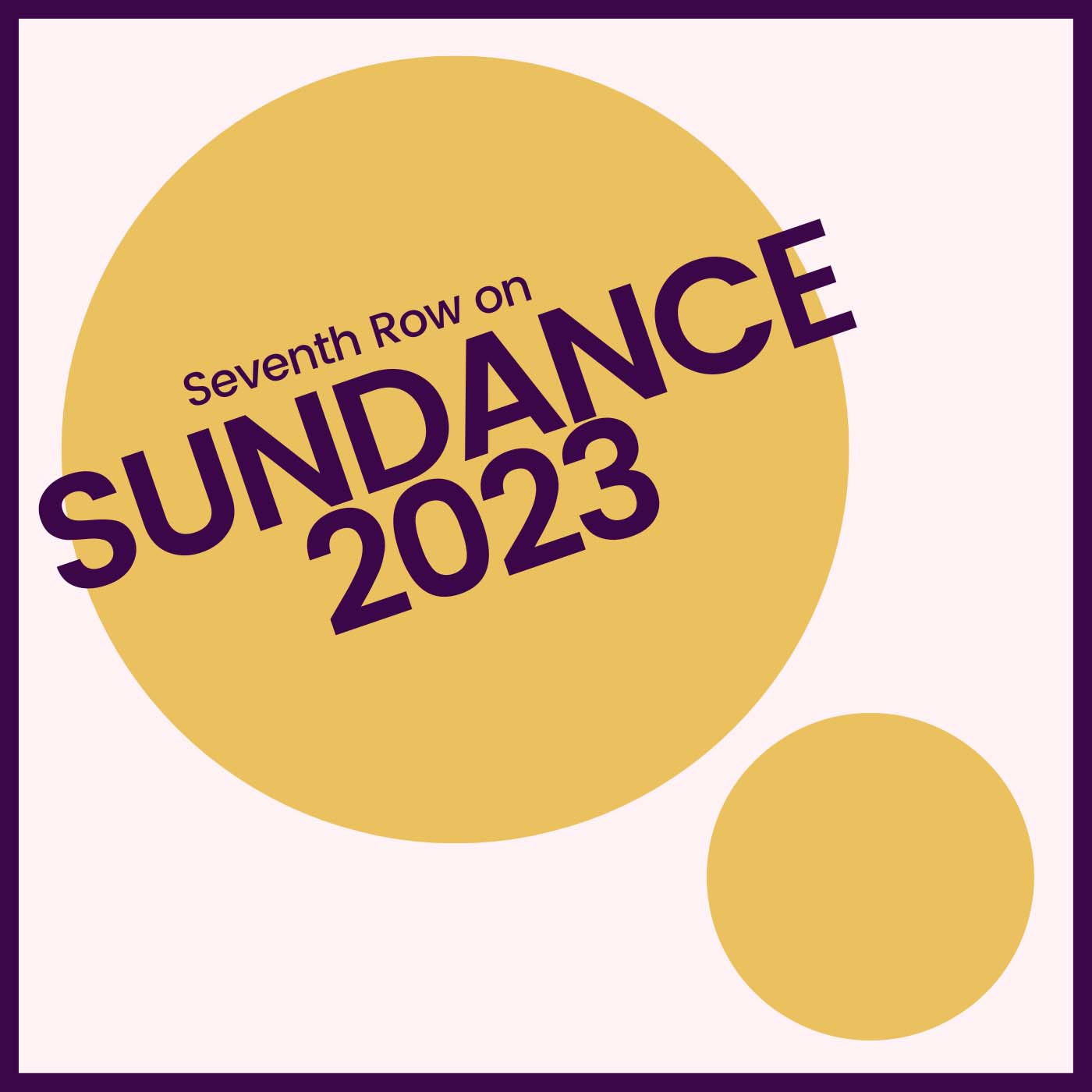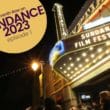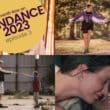In the second episode of the Sundance 2023 podcast season, we discuss Sundance’s Spotlight Program, its only feature film program dedicated to films that premiered at other festivals. We discuss the program’s history of picking great films and giving them the spotlight they needed (but didn’t get at other festivals). We also discuss this year’s selections, including The Eight Mountains, L’Immensità, and Joyland.
Don’t miss a single episode. Subscribe to the podcast now.


Listen to the whole Sundance 2023 season
Today is the second of many episodes of the 2023 Sundance season of the Seventh Row podcast.
Sundance 2023 runs from January 19-28, and we’ll be covering this year’s festival in a new podcast season about the films this year and how the programming fits into the festival’s history.
Listen to all the episodes to discover the year’s best and worst films, and how this year’s program jives with past festivals.
About this episode: The 2023 Sundance Spotlight Program
In this episode, we discuss the history of Sundance’s Spotlight Program, the only Program consisting entirely of films that premiered at other festivals. We also talk about the role of the Program within Sundance and some of the great films the festival has programmed here. We’ve actually written books featuring several of the films that screened in Spotlight, including You Were Never Really Here, Girlhood, and The Worst Person in the World. And several of the films previously programmed in the last decade have made our list of the best films of the 2010s.
We discuss four of the five films programmed in the Spotlight section: Other People’s Children, Joyland, L’Immensità, and The Eight Mountains. Since we already talked about Other People’s Children in depth on a previous episode, we only discuss it briefly here. Additionally, we go deep on The Eight Mountains, which Alex loved, and briefly discuss the other two films in the program that we’ve seen which we weren’t too keen on.
- 00:00 What is the Spotlight section?
- 13:26 This year’s Spotlight section
- 26:26 Deeper discussion on The Eight Mountains
Never miss an episode again. Become a member.
The Seventh Row Podcast spotlights under-the-radar, female-directed, and foreign films. All of our episodes are carefully curated. Indeed, we only discuss films we think are really worth your time and deserve in-depth critical analysis.
Our episodes that are more than six months old are only available to members. In addition, many of our new episodes are for members only.
For exclusive access to all of our episodes, including all of our in-between season episodes, become a member.
How to follow our Sundance 2023 coverage
Subscribe to our newsletter for updates on the 2023 Sundance podcast season and coverage on the website.
Follow Seventh Row on Twitter and Instagram @SeventhRow.
You can find Alex Heeney on Twitter and Instagram @bwestcineaste; and Orla Smith on Twitter and Instagram.
Show Notes on the E2 of the Sundance 2023 podcast season: Spotlight Program
Links to articles/books on films that previously screened in Spotlight
- Read our list of Seventh Row’s 50 Favourite Films of the 2010s, which also includes many films that screened in Sundance’s Spotlight Program, including Oslo, August 31st (#1), Their Finest, Raw, and You Were Never Really Here.
- Get our ebook on Lynne Ramsay’s most recent Spotlight film: You Were Never Really Here: A Special Issue
- Get our ebook on the Céline Sciamma, Portraits of resistance: The cinema of Céline Sciamma, which includes an interview with Sciamma on Girlhood conducted in Park City at Sundance in 2015 when the film screened in Spotlight.
- Read Orla Smith’s interview with writer-director Haifaa Al-Mansour on The Perfect Candidate, which previously screened in Spotlight in 2020.
- Read Alex Heeney’s interview with writer-director Rebecca Miller on Maggie’s Plan, which previously screened in Spotlight in 2016.
- Read Alex Heeney’s interview with director Lone Scherfig on Their Finest, which previously screened in Spotlight in 2017.
- Download the Sundance 2023 bingo card to follow along at home.
Related episodes to E2: Sundance 2023 Spotlight program
Discover all of our past podcast episodes on films that screened at Sundance.
To listen to all of these related episodes, become a member.
- Ep. 116: Virtual film festivals: Taking stock of their past, present, and future (Members Only). Sundance is one of the only festivals in 2023 still offering a virtual component. On this episode, we talked about the advent of virtual film festivals and what we’d like to see in the future.
- Ep. 129: Highlights of 2022 Fall Film Festivals (Members Only). We discuss the best films that screened on the festival circuit in fall 2022. This includes a free in-depth discussion of Other People’s Children.
Episodes on Films featured in the Spotlight section
- Ep. 112: Joachim Trier’s The Worst Person in the World (Free). As the world experts on the films of Joachim Trier (our book on his work will be out later this year), we published an episode on his twice Oscar-nominated film The Worst Person in the World (2021), which screened in Spotlight in 2022.
- Ep. 73: Explorations of rape culture in Promising Young Woman and The Assistant (Members Only). Although The Assistant premiered at Telluride in 2020, it only really started generating buzz after its 2021 screening in the Spotlight Program at Sundance. In this episode, we discuss its depiction of rape culture alongside a bigger Sundance hit (which was also much less nuanced), Promising Young Woman.
- Ep. 107: Another Round and Oslo, August 31st: Are men OK? Masculinity, mental health, & addiction (Members Only). Joachim Trier first came to Sundance in 2012 with Oslo, August 31st (which premiered at Cannes in 2011), our #1 film of the 2010s. We talk about how the film addresses masculinity, mental health, & addiction and how this compares with the more recent film, a decade later, Another Round.
Episodes on genre films featured in the Sundance Spotlight program
- Ep. 17: The Nightingale (Members Only): Having launched her career in the World Dramatic Competition at Sundance, Jennifer Kent once again returned to the festival with her second feature, The Nightingale, which premiered at Venice to an underwhelming response. We thought the film was rich and excellent in many ways (if flawed), and went deep on it on the podcast.
- Ep. 112: Raw and Thelma and modern female monsters (Members Only): After receiving rave reviews (and press about vomiting walkouts) at Cannes and TIFF, Julia Ducournau (who later won the Palme d’Or for Titane) screened her first feature, Raw at Sundance in the Spotlight program. We talk about the film in comparison with Joachim Trier’s Thelma.
- Ep. 38 Australian Westerns: The True History of the Kelly Gang, Sweet Country, and The Dressmaker (Members Only): Warwick Thornton’s fantastic feature Sweet Country previously screened in the Sundance Spotlight program after premiering (and winning an award) at Venice and TIFF. In this episode, we discuss how Thornton decolonizes the Australian Western, as well as how this compares to Australian Westerns about settler characters (made by settlers).
Listen to all the related episodes. Become a member.
For exclusive access to all of our episodes, including all of our in-between season episodes:
Speakers on this episode
Host Alex Heeney is the Editor-in-Chief of Seventh Row. Find her on Twitter @bwestcineaste.
Host Orla Smith is the Executive Editor of Seventh Row. Find her on Instagram @orla_p_smith.
Episode transcript
The transcript for the free excerpt of this episode was AI-generated by Otter.ai.
[fusebox_transcript]

